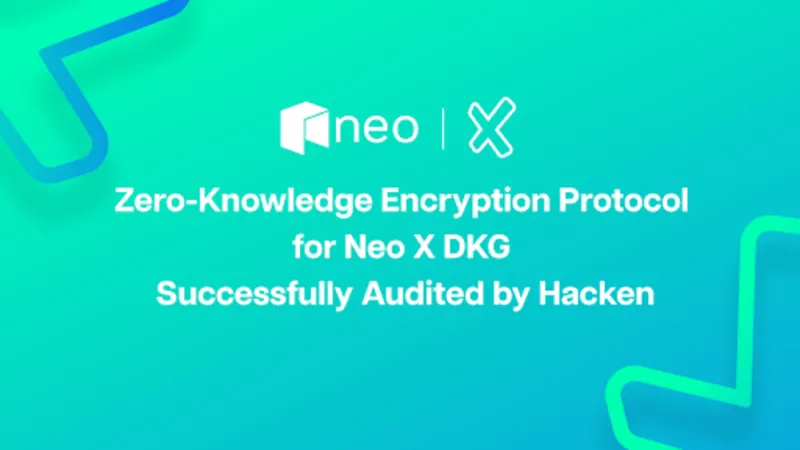Leading venture capital firm Paradigm has entered the high-stakes legal battle surrounding Tornado Cash co-founder Roman Storm, filing an amicus brief that could reshape how courts interpret software development liability. The filing argues that Storm's potential conviction represents a dangerous precedent that threatens innovation across crypto, fintech, and broader technology sectors.
Paradigm's legal team submitted the brief to a New York District Court on June 13, emphasizing that prosecutors must prove Storm knowingly operated a money-transmitting business to secure conviction. The firm contends that current legal standards require specific elements including fee collection, intentional fund transmission for public benefit, knowing handling of criminal proceeds, and maintaining custody or control over transferred assets.
The case centers on Tornado Cash, a non-custodial cryptocurrency mixing protocol that enhances transaction privacy without developers maintaining control over user funds. Federal prosecutors allege Storm conspired to operate the service as an unlicensed money transmitter, helping launder over $1 billion in cryptocurrency alongside co-founder Roman Semenov.
Storm and Semenov face charges filed in August 2023, though one conspiracy count was dropped in May following Department of Justice guidance stating the agency wouldn't prosecute crypto mixers for user activities beyond their control.
Legal Experts Challenge Prosecution's Money Transmission Theory
Paradigm's chief legal officer Katie Biber and general counsel Gina Moon argue the prosecution's approach contradicts established legal precedent and regulatory guidance. Their blog post published Tuesday characterizes the government's position as "contrary to the plain text of the law, clear FinCEN guidance, and decades of case law."
The legal experts cite Obama administration Treasury Department findings from 2014 establishing that software development alone doesn't constitute acceptance and transmission of value under money transmission statutes. They also reference 2019 guidance indicating that independent user control over cryptocurrency factors significantly in determining money transmitter status.
"Allowing this charge to persist risks letting unelected prosecutors change the plain meaning of criminal statutes–and threaten everyday citizens with imprisonment even if they are following widely-disseminated and accepted regulatory guidance," Biber and Moon stated.
Their argument emphasizes that Tornado Cash's non-custodial architecture means developers never possess or control user funds, distinguishing it from traditional money transmission services that maintain custody during transfer processes.
Innovation Communities Face Potential Chilling Effect From Prosecution
Paradigm warns that Storm's conviction could create unprecedented liability exposure for software developers across multiple industries. The firm argues that holding developers responsible for unintended uses of their products threatens foundational principles of innovation and technological progress.
"This is as absurd as prosecuting a television manufacturer for the sharing of state secrets on-air, leather wallet craftsmen for wallets holding stolen cash, or Apple for conspiracies formed through iPhone conversations," Biber and Moon explained.
The stakes extend beyond cryptocurrency into open source software, artificial intelligence, and broader technology communities where developers create tools with legitimate purposes but potential for misuse. Paradigm's brief suggests that prosecutorial overreach could fundamentally alter how courts evaluate developer liability.
Storm's trial is scheduled to begin July 14, with significant implications for crypto industry development and regulatory interpretation of existing money transmission laws.

 Nikolas Sargeant
Nikolas Sargeant







